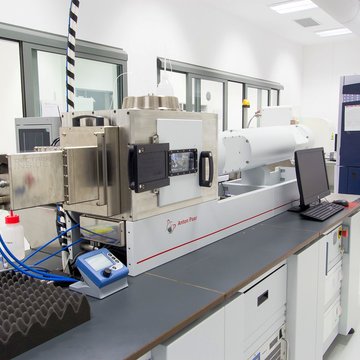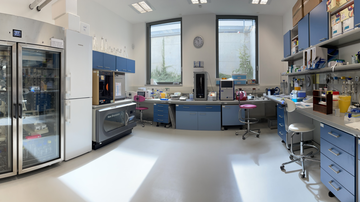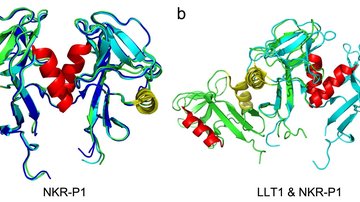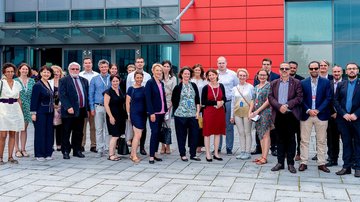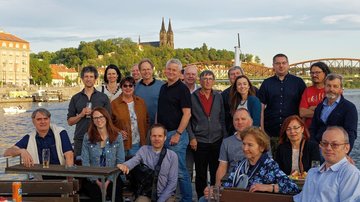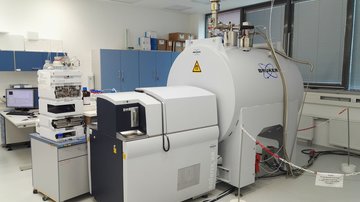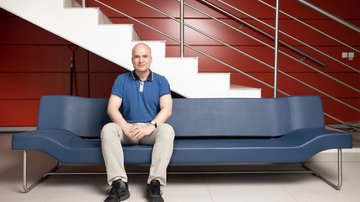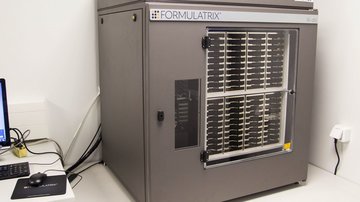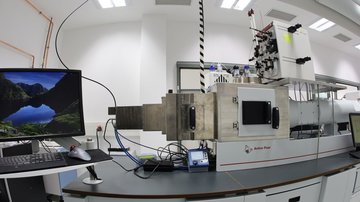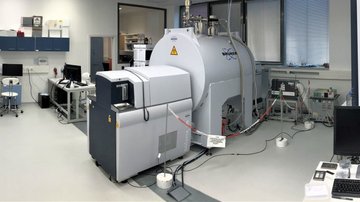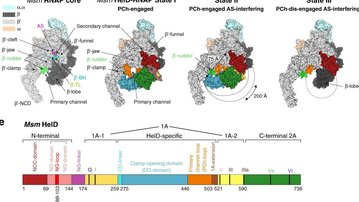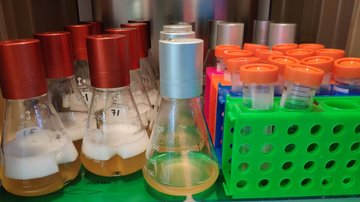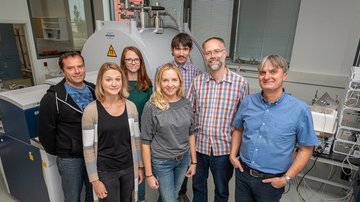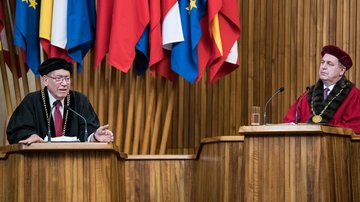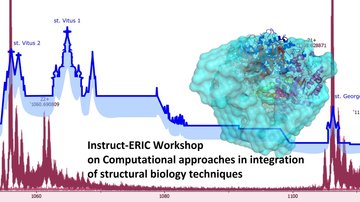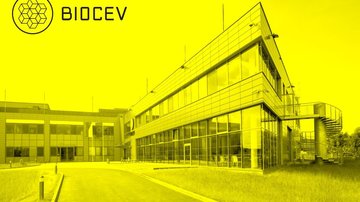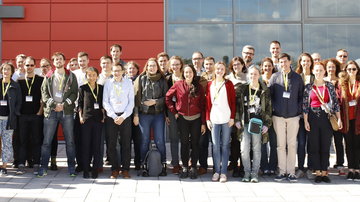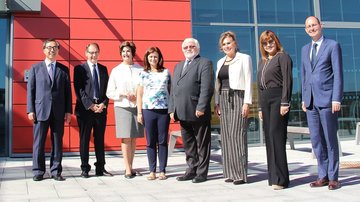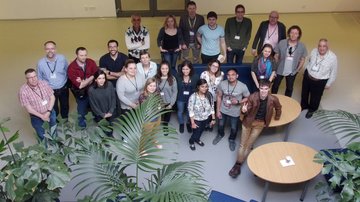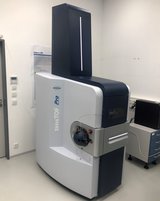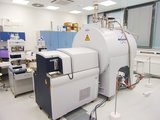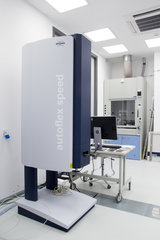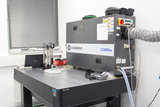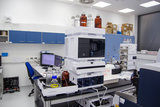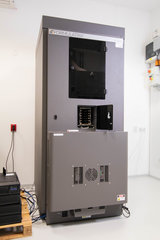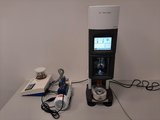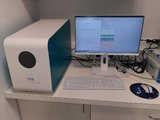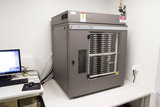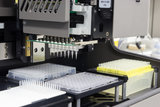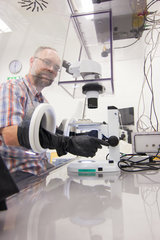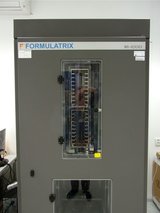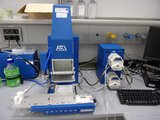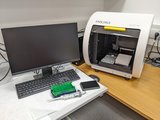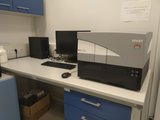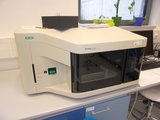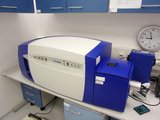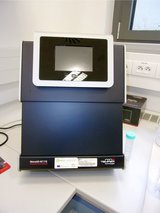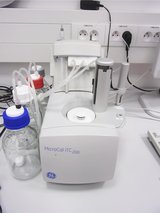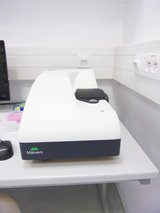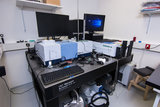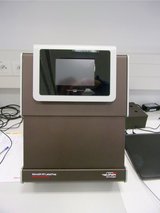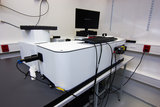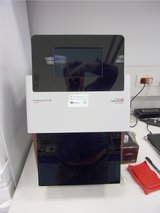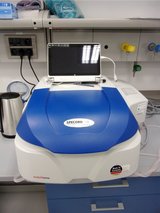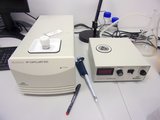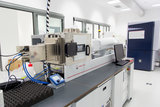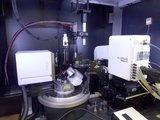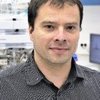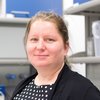About us
The Center of Molecular Structure (CMS) brings together several laboratories providing a comprehensive approach to the study of the spatial structure, function and biophysical properties of biological molecules. Together with the central laboratories of the CEITEC center, CMS is part of the Czech Infrastructure for Integrative Structural Biology (CIISB) - an associated national center of the European Strategy Forum on Research Infrastructures Instruct (ESFRI). CMS is also part of European infrastructure for molecular biophysics MOSBRI. CMS offers Open Access services for internal users from IBT, for other academic staff and for customers in the field of industry. It also trains Czech and foreign students and young researchers in the form of various workshops throughout the year.
CF Biophysical Techniques
The core facility Biophysical techniques enables assessment of the quality, stability and interaction properties of hundreds of biomolecular samples of many structural biology projects, be it regular checks, thorough analysis of properties or optimization of molecular constructs or handling protocols.
CF Crystallization of Proteins and Nucleic Acids
The core facility Crystallization of proteins and nucleic acids enables thousands of crystallization experiments using robotic or manual setup, automated monitoring of crystal growth, experiments at selected temperatures or under defined conditions, to prepare samples for further crystallographic studies.
CF Diffraction techniques
The core facility devoted to diffraction analysis offers crystal quality screening, in situ crystal testing, single crystal data collection and processing, small angle X-ray scattering (SAXS) experiments with robotic sample loading and online UV-VIS spectrometry, and SAXS data processing. Hundreds of samples are processed per year in the self-assisted mode or with full staff support.
CF Structural Mass Spectrometry
The core facility Structural mass spectrometry provides analyses of hundreds of samples and supports many internal and external structural biology projects. The main focus of the services lies in monitoring of proteins structural changes and protein-protein interaction by chemical cross-linking and hydrogen-deuterium exchange.
CF Protein Production
The core facility for protein production provides services covering DNA cloning and DNA plasmid preparation, protein expression in E. coli expression systems and recombinant protein purification. Our services can also include optimization of expression and purification protocols, protein identity and purity testing and determination of protein concentration.
Application
CIISB - main mean for application. Available for both local and international applicatioins.
Instruct-ERIC - European infrastructure for structural biology. Application also enable access to other european centres. The funding covers bothe experimental and travel expanses. Available for both local and international applicants.
MOSBRI - European infrastructure of molecular biophysics. Application also enable access to other european centres. The funding covers bothe experimental and travel expanses. Available only for international applicants.
For more information visit CMS website.

